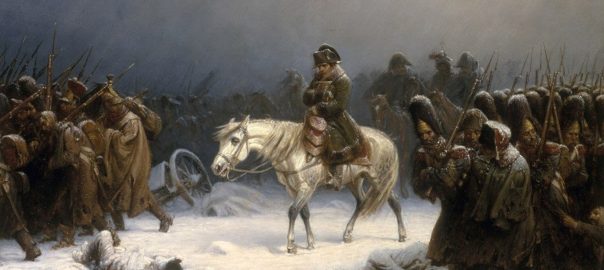Tomà Berlanda, University of Cape Town
Presented since 1979, the Venice Architecture Biennale (La Biennale di Venezia) is possibly the most influential architecture exhibition in the world. For the first time, this year’s edition is curated by an African architect, Lesley Lokko. She has ensured that a strong African presence is the central feature of the show. Indeed, the 2023 exhibition is part of an undeniable shift towards a more just representation in global architecture.










